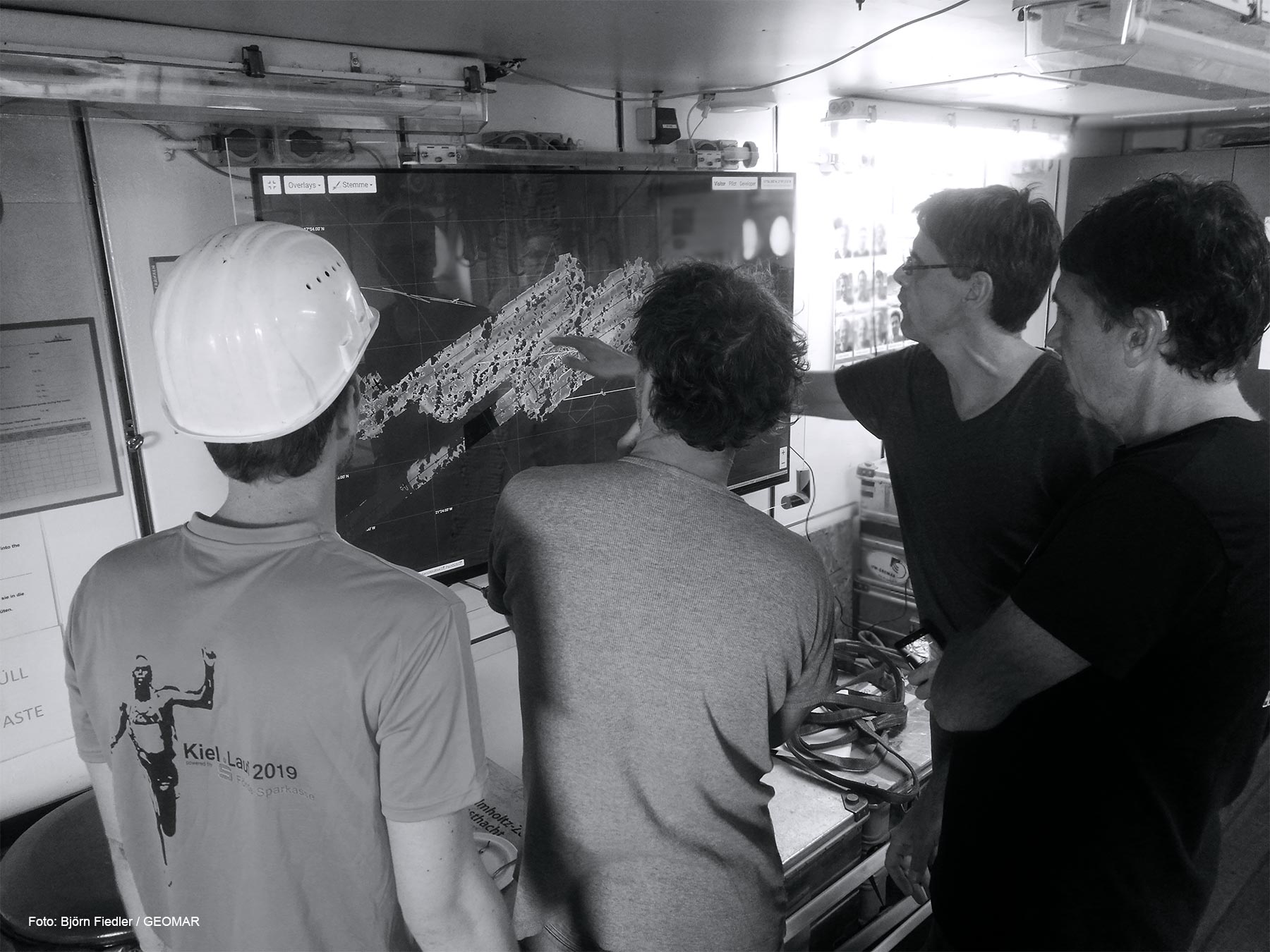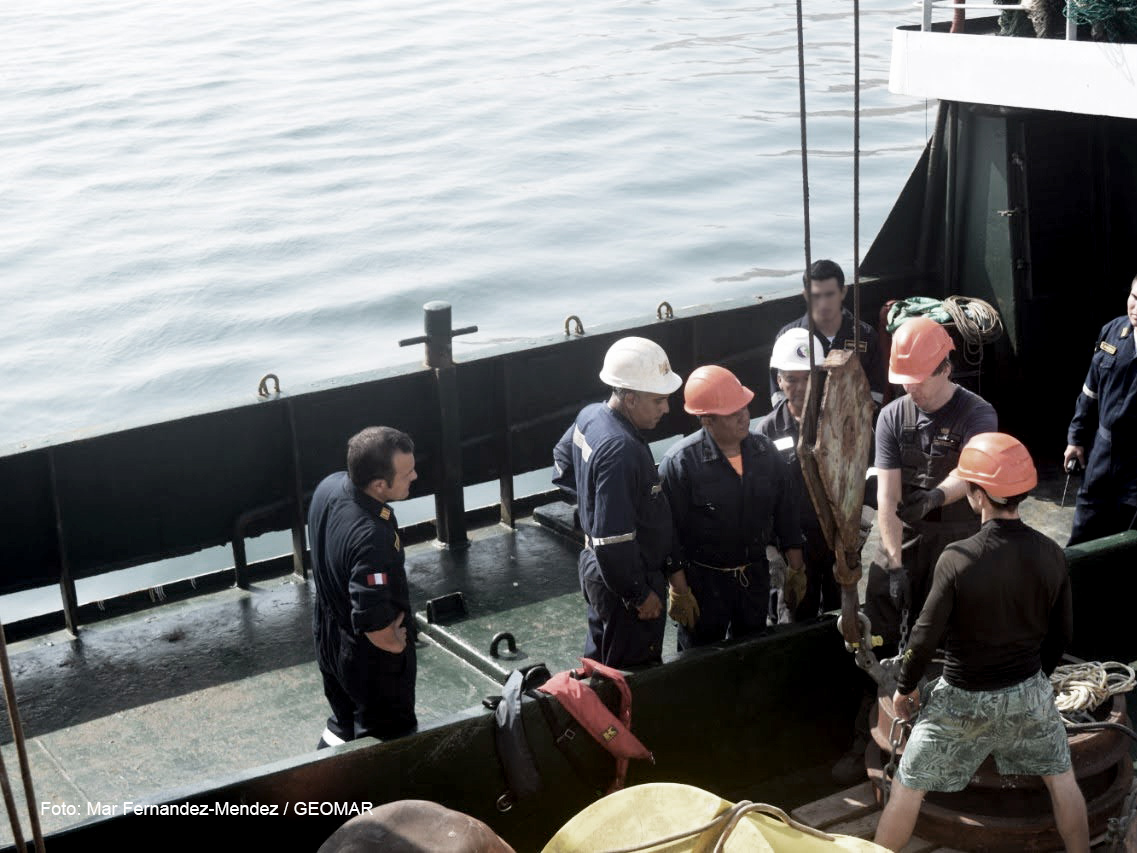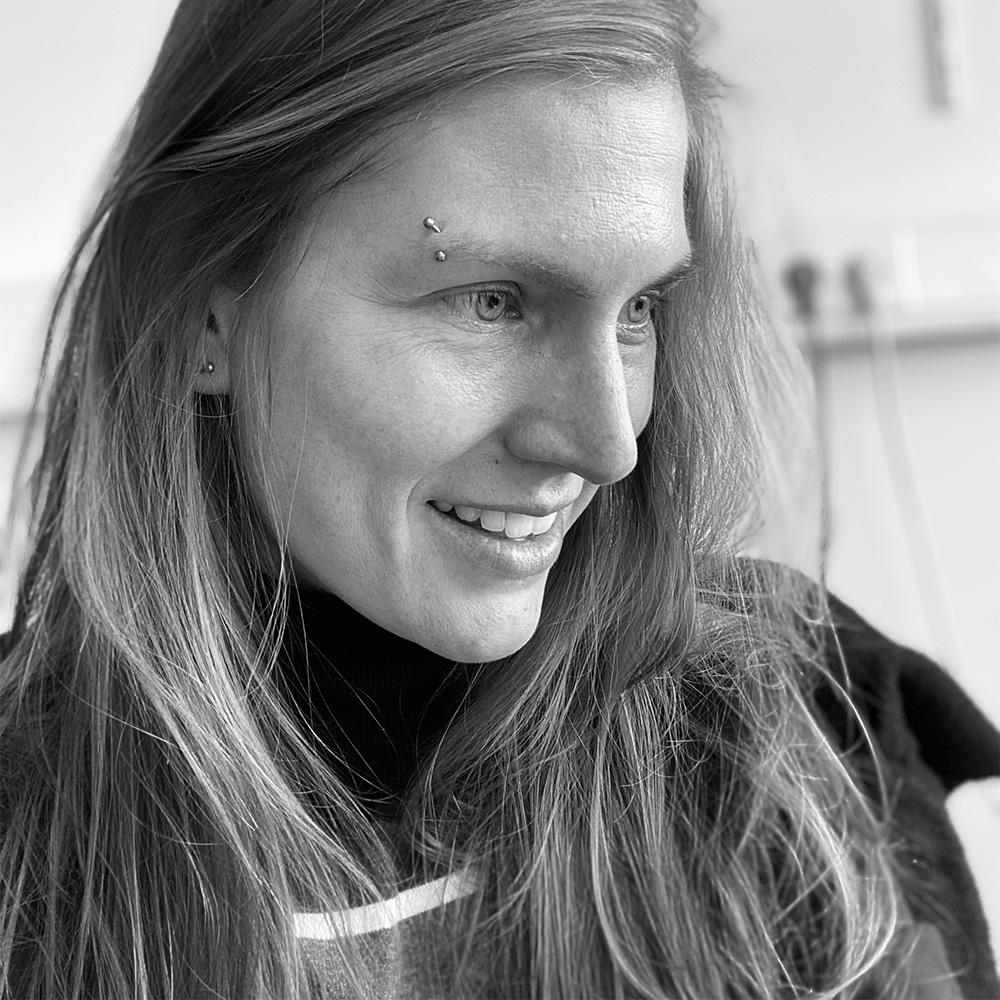‘Rebel: unruly, one who rebels, resists’
Digital Dictionary of the German Language
So, scientists are rebels. By profession, you could say. Or the other way around. It is the critically questioning people who choose the path to science. Hen and egg.
In my mind, scientists have always been well-behaved. Busy learning bees, absorbed in data and somewhat passive towards the adventures of life. – This prejudice is quite wrong, I realize! The people I meet every day at the institute are the ones who create the adventures. Who put themselves in challenging situations again and again. They are unruly, they do not simply accept what is proper, what has been decided about them, what they are supposed to do according to the ideas of others. After all, it is their task to question existing knowledge. And they live up to this task. At work and in everyday life alike.
Balancing act scientific emancipation
Resistance manifests itself in many situations. On a small scale. At a red light at night, for example. And on a larger scale. In a discussion with supervisors and superiors, in which all hierarchical levels seem to vanish into thin air. Even with regard to one’s own professor, there is sometimes – one could almost say – rebellion. When the topic is important, when it is a question of how to proceed. When they discuss what the data say. A bit also because it is always about emancipating oneself as a scientist. A scientific outgrowth and coming of age. A constant rebellion. A wandering to and across the border.

Science always means working together, cooperation. But also emancipation. Ultimately, it is also about one’s own data and identity as a scientist.
But not only – and here lies the apparent contradiction – scientists are also ambitious. They can’t do without it after all. Those who are only rebellious quickly lose themselves in the struggle. You also need a sense of purpose. Something calm and persistent that keeps the researcher collecting data and writing papers, the scientific publications, for years.
Good science is rebellion (and something else)
Diligence and striving are bourgeois virtues. Rebellion often smacks of turmoil and upheaval. But it is precisely the combination of these character traits that is the essence of good science: defying prevailing assumptions. Not letting things rest and striving for new insights. Defying what society expects, demands and evaluates. These are the strengths that lead to new research, new perspectives and new (more current) knowledge. It is the rebellious and the striving in equal measure that ultimately leads to scientific excellence.
Many of my colleagues from the three Oceanic projects are excellent precisely because they dare not to conform to the norm and instead strive for more. And in their scientific careers, researchers once again benefit from the rebelliousness that otherwise leads to difficulties with conventional structures, but also to steep learning curves: Those who have mastered crises are later better able to deal with the demands that a career as a scientist entails. Those who have gotten themselves into a difficult situation, but have navigated their way out of it, can find solutions to problems that arise spontaneously or circumstances that change abruptly. Or can understand problems at all rather as a challenge, and thus as a chance. If you’ve been caught breaking the rules, you may have learned to talk to and get along with people who aren’t always positive about you. And the whole thing certainly trains you a bit in how to behave in the face of authority (or at what point you stop behaving, because it’s not about conforming, but about science and knowledge).

In ocean sciences, you often deal with authority figures. Or with people who have no particular interest in research. Experience in dealing with each other is an advantage.
The world needs a few ambitious, excellent rebels. I will still – quite unrebelliously – stop at red lights at night, but it is a good and reassuring realization that the behaviors that leave many people shaking their heads turn out to be successful qualities in the right place. And, that science is made up of people who don’t simply bow to the most comfortable opinion.

Autorin: Ann Kristin Montano
Former scientist who worked long enough in other fields to build up stereotypes about scientists. Now likes to work among scientists to break down the stereotypes again. Thinks of herself as well-behaved. Likes the rebellious and excellent about her colleagues a lot.